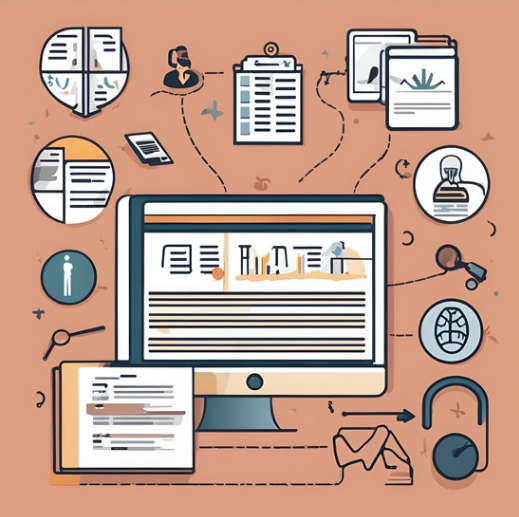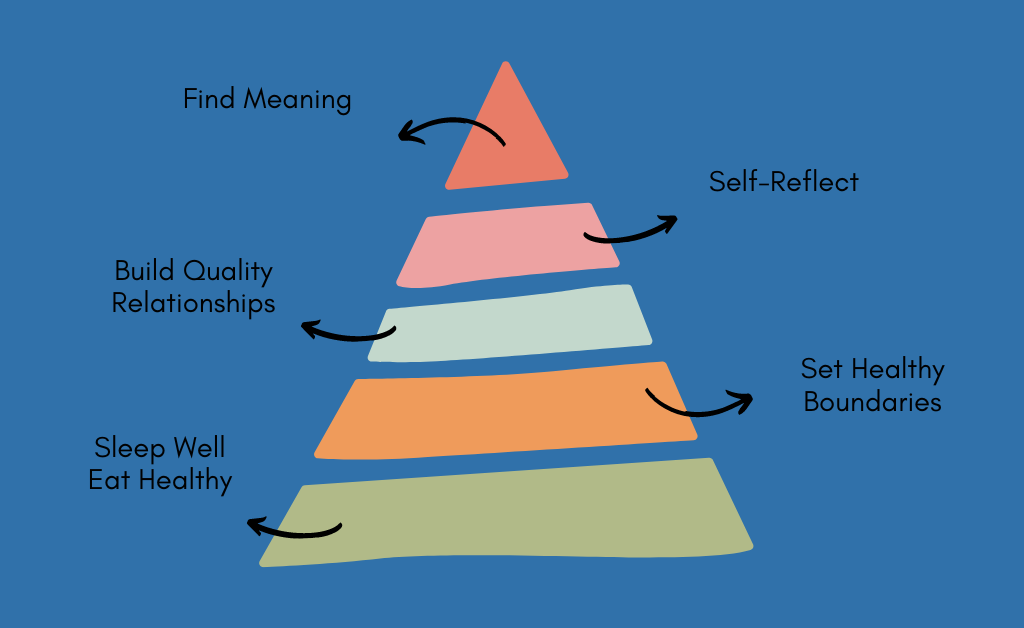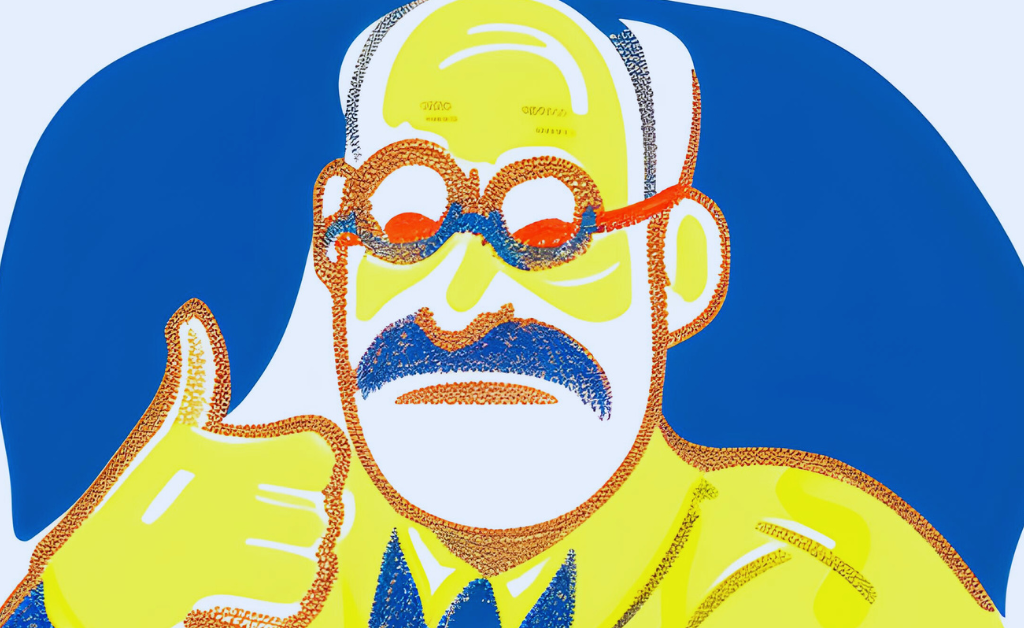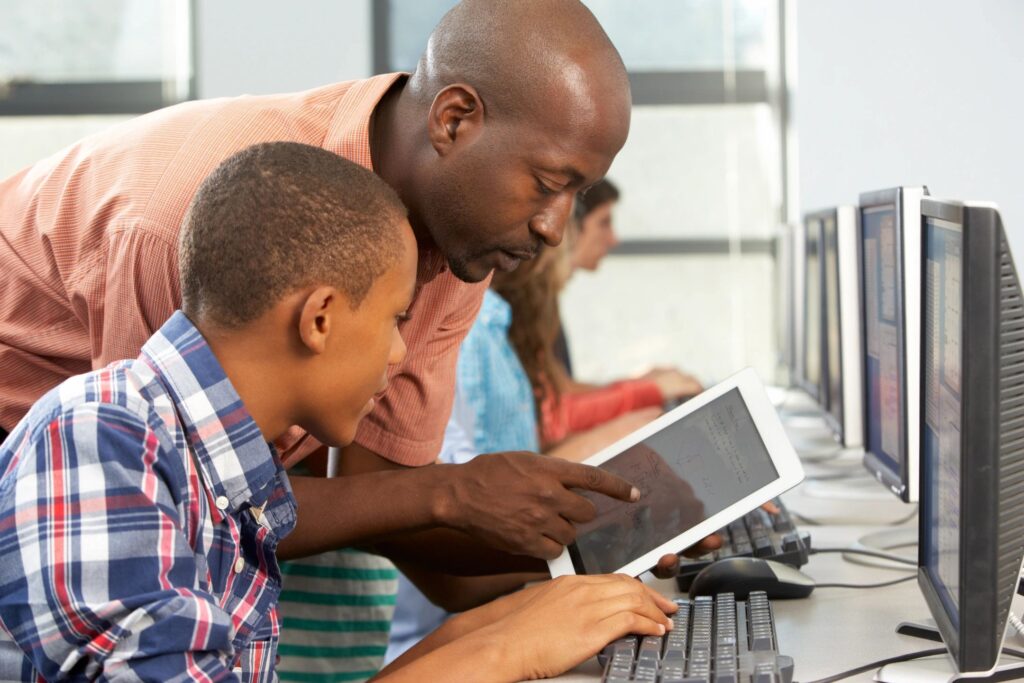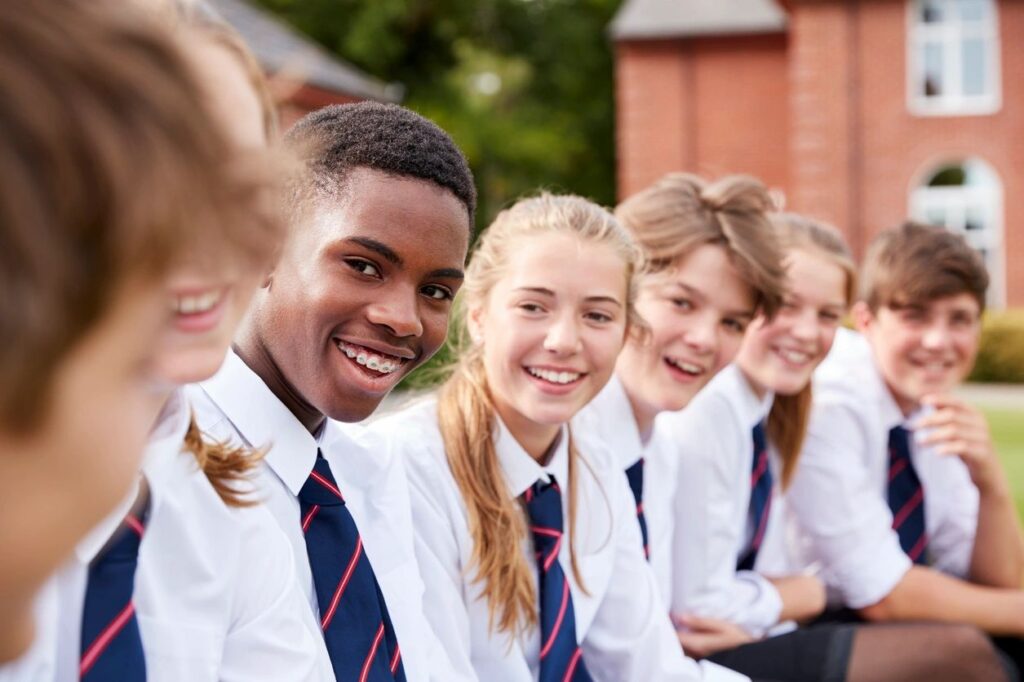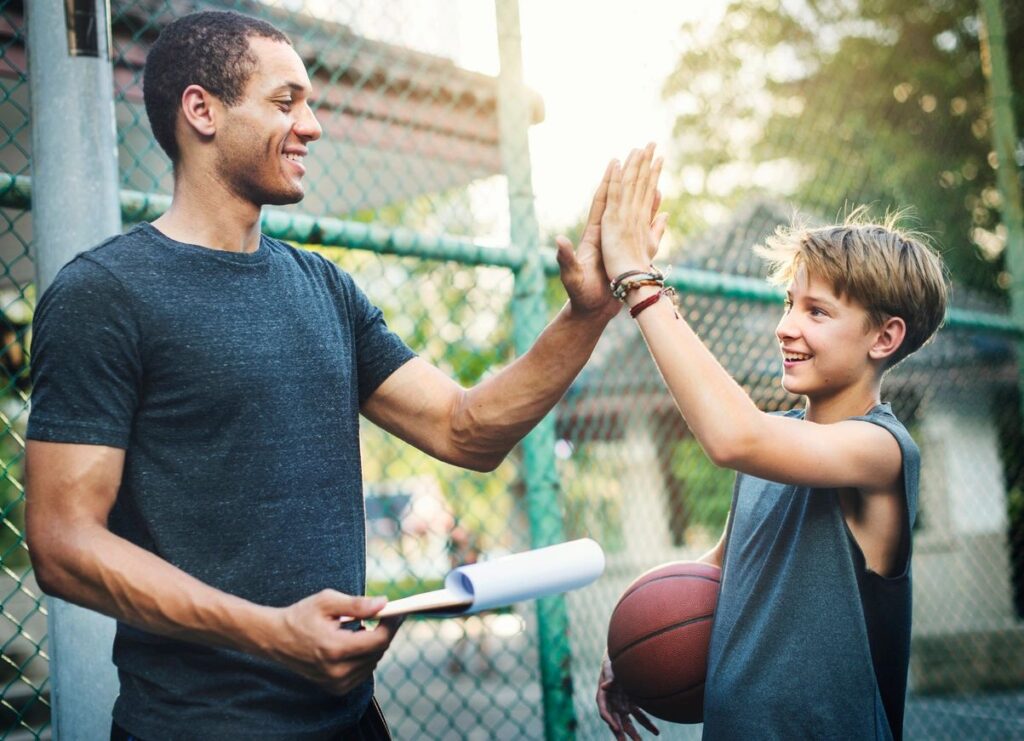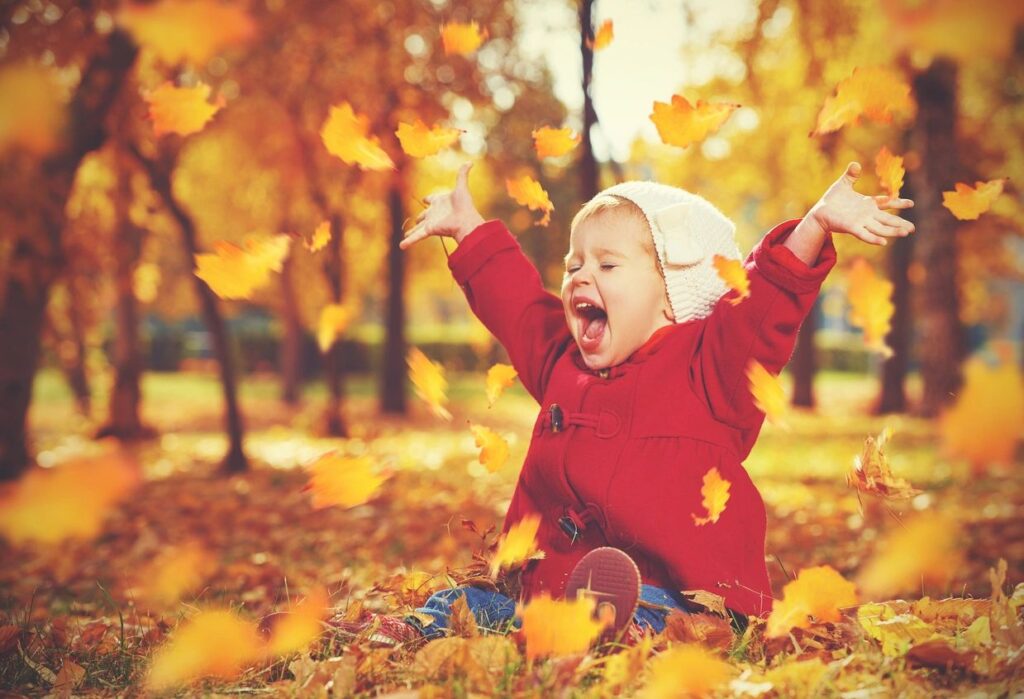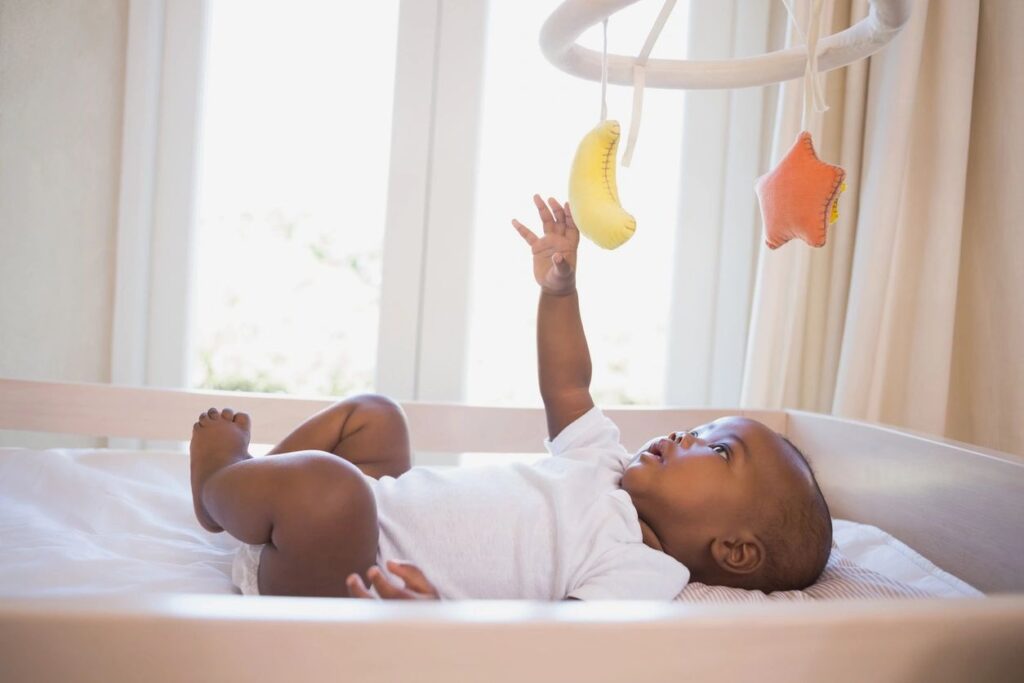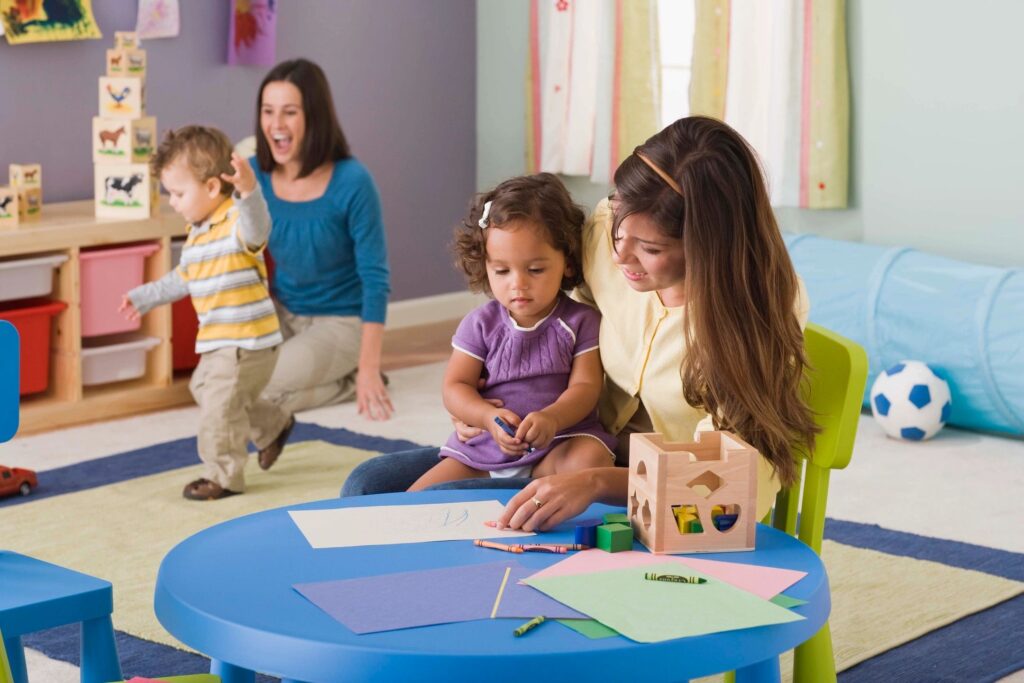Developmental Psychology
Psychology, Mental Health, and Well-Being Handouts, Worksheets, and Infographics
ADDRESSING 3D WorksheetThe ADDRESSING Model, developed by Pamela Hays, helps people understand important social identities and how they influence us. This worksheet focuses on identifying how various cultural and social identities influence us in three dimensions – our sense of self, how …Read more
Read MoreModernizing Maslow’s Hierarchy through the Lens of Self-Care
Abraham Maslow (1908-1970) is one of the founders of Humanistic Psychology. Along with Carl Rogers (1902-1987), Maslow stressed the importance of looking at the whole person rather than reducing individuals to a list of symptoms or diagnoses. Both also placed a central focus on the concept of self-actualization, or the belief that humans possess an…
Read MoreTwelve Things that Sigmund Freud Got Right
Sigmund Freud continues to be an influential figure in the field of psychology for his development of psychoanalysis, a theory and treatment approach focusing on the psychological development of mental illness. His work involved exploring the unconscious mind and the impact of early experiences, particularly those related to sexual development and parental relationships, on human…
Read MoreThe Education Gender Gap: APA Task Force looks at How to Help Boys Succeed in School
The April/May, 2023 edition of the Monitor on Psychology, the bimonthly magazine of the American Psychological Association, led with a cover story about helping boys and young men succeed in the classroom (Abrams, 2023). The article was introduced with a bold statement: “At school, by almost every metric, boys of all ages are doing worse…
Read MoreSocial Media and Self-Esteem
A recent article published in Science Direct looked at the association between social media use and mental health among adolescents. The impact of social media on mental health is certainly not a new topic. Neil Petersen wrote about envy as a mediator of mental illness among social network users, how social media affects life satisfaction…
Read MoreAwareness and Sympathy May Be Key Components of Guilt for Children
Guilt is a negative emotion, but it’s a negative emotion that to some extent is good. If no one ever felt guilt, the world would be a scary place indeed! One question about guilt is how the tendency to feel guilt develops in childhood. We know that some children feel guiltier than other children when…
Read MoreLike Narcissistic Parent, Like Narcissistic Child?
“You have your mother’s nose, and your father’s narcissism!” For better or worse, through genes or through environment, parents pass along many things to their children. And one of those might be narcissistic traits, as highlighted in a new paper titled The Apple of Daddy’s Eye: Parental Overvaluation Links Narcissistic Traits of Father and Child.…
Read MoreHelping Others Makes Toddlers Happy
A finding that comes up again and again in psychology research is that people feel better when they take prosocial actions, which is why helping others is one of the best ways of helping yourself. The ability to derive happiness from supporting other people seems to show up early in life. A new study published…
Read MoreWhy Do Most People Cradle Babies Facing Left?
If I hand you a baby without warning, chances are you’ll instinctively take them and cradle them with their head on your left side. Approximately 70 percent of people prefer to hold babies facing to the left. The tendency is more pronounced in right-handers and women, but it appears to be universal. Children have a…
Read MoreWant Your Toddler to Clean Up and Eat Their Vegetables? Supporting Autonomy Might Help
One of the findings that repeatedly comes up in child psychology literature is that when children have a sense of autonomy, good things tend to happen. That pattern is evident in the fact that teachers’ support of autonomy makes middle-school students more engaged and teenagers less depressed. It also relates to the dangers of helicopter…
Read More